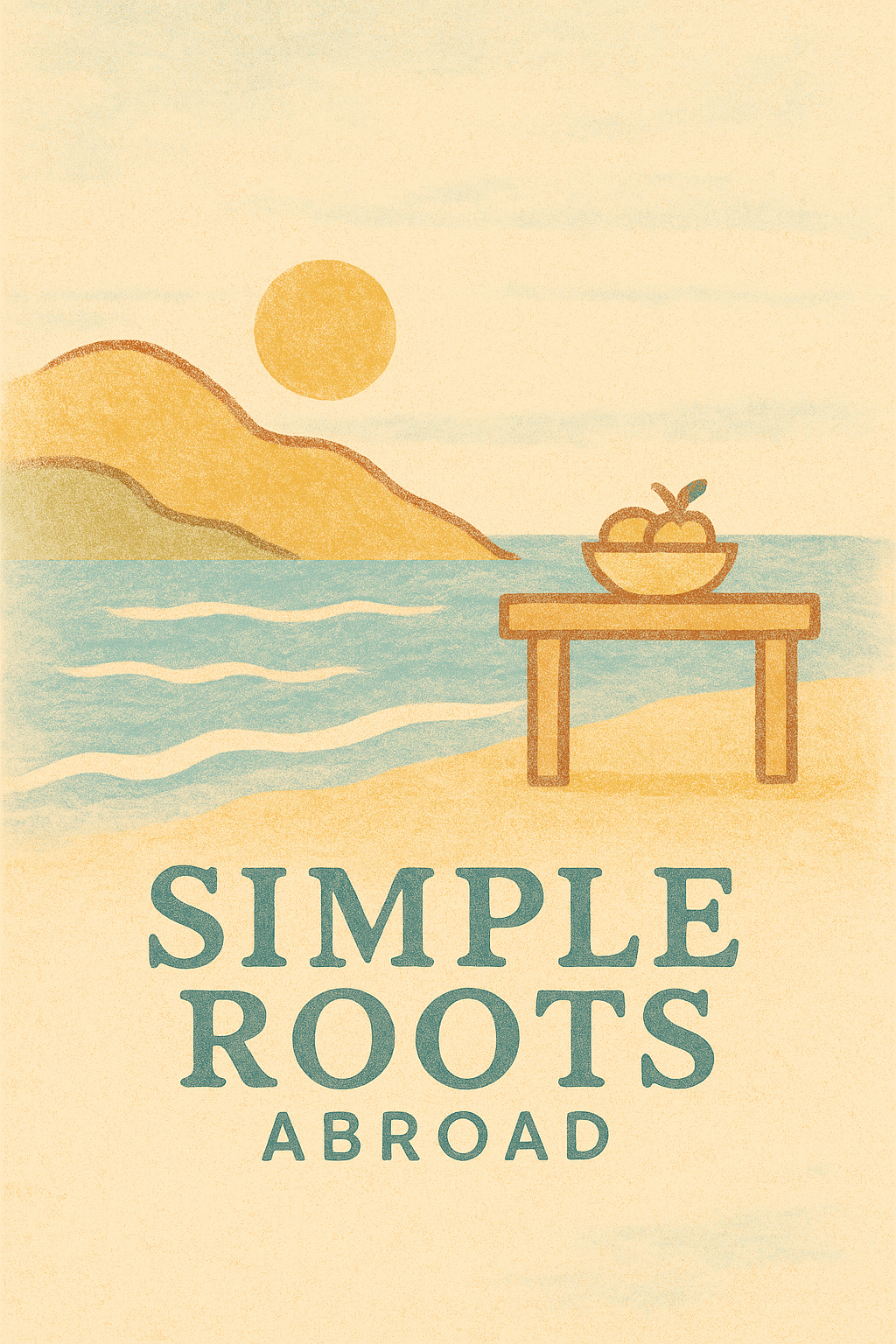The Problem with Overcomplicated Meals
Like many families, we used to approach dinner like a nightly production. A protein, a couple of sides, sometimes a homemade sauce, maybe a special ingredient we picked up at the store that week. Cooking felt like love, like care—and the more complicated the meal, the greater the love shown… right?! Maybe not. Over time, I realized we were making things more complex than they needed to be. The emotional load of meal planning, constant grocery shopping, and the expectation to “do it all” every night was exhausting.
Inspired by voices like Janet Lansbury, who encourages presence over perfection in parenting, and The Minimalist Mom(Rachel Jonat), who advocates for simplifying family systems, I started asking: “What are we actually trying to achieve here?”
The answer was clear: connection, nourishment, ease—not gourmet spreads every night.
Enter: Costco Delivery
One ordinary Tuesday afternoon, I stared into my overflowing Costco cart and realized something humbling. I was spending upwards of $80 on what was essentially future trash—paper towels, disposable bags, overpackaged snacks, half of which ended up unused or wasted.
So, I took a radical step: I put everything back but the toilet paper and went home.
That week, I decided to try Costco delivery. And not only did I not miss wandering the aisles, but I also saved real money. Why? Because ordering online gave me three new superpowers:
I saw my running total and could adjust it easily.
I could peek in my fridge or pantry before buying doubles.
No more impulse snacks, candles, or that oversized tub of artichoke dip.
Costco delivery has a small fee, yes—but it saved us far more in avoided impulse purchases and time. It became part of a system that supported our real values: simplicity, nourishment, and togetherness.
Buffet Night: A Love Letter to Leftovers
We also instituted something we now call “Buffet Night.” Once a week, instead of cooking something new, we warm up whatever’s in the fridge. Everyone builds their own plate. A few meatballs from Monday, some leftover roasted veggies, a half-serving of soup? Perfect. No rules, no pressure.
What surprised us wasn’t just the savings (though reducing food waste made a big difference)—it was how much the kids loved it. There was something freeing about the relaxed tone. It wasn’t “using up scraps,” it was a weekly potluck of our own making.
Buffet Night became more than a budget strategy. It gave us a break. It created space for a walk after dinner, a board game, and a quiet moment.
The Mr. Money Mustache Perspective
If you haven’t heard of Mr. Money Mustache, he’s a leader in the FIRE (Financial Independence, Retire Early) community, known for his no-nonsense approach to cutting expenses and finding happiness through intentionality. In one of his classic posts, he says:
“Luxury is just another weakness to overcome.”
He encourages people to see frugality not as deprivation, but as freedom.
That mindset helped me see how many of our food expenses were based on habit, not actual need. Cooking a full spread every night wasn’t making us happier. It was draining our time, our budget, and our energy.
By simplifying—using what we had, planning less complex meals, and reducing waste—we were spending less and enjoying food more.
Our System Now
We still love food. We still cook. But we’ve shifted to a simple, sustainable routine that includes:
A weekly delivery from Costco for bulk staples
One quick mid-week grocery run for fresh produce
Batch cooking a big dish on Sundays that becomes lunches or dinners
Buffet Night once a week to use leftovers
Pantry Challenge nights where we “make something out of nothing”
It’s not perfect, but it works. It’s repeatable. And it keeps our family values—connection, nourishment, freedom—at the heart of our home life.
Final Thoughts
Simplifying our food budget wasn’t just about numbers on a spreadsheet. It was about reclaiming ease. When I read authors like Ramit Sethi, who writes about conscious spending—cutting mercilessly on what you don’t value so you can spend lavishly on what you do—I realized this wasn’t about being “cheap.” It was about making our money work for our family.
Food is still a source of joy in our home. But now it’s joy without stress. Joy without waste. And that is priceless.
